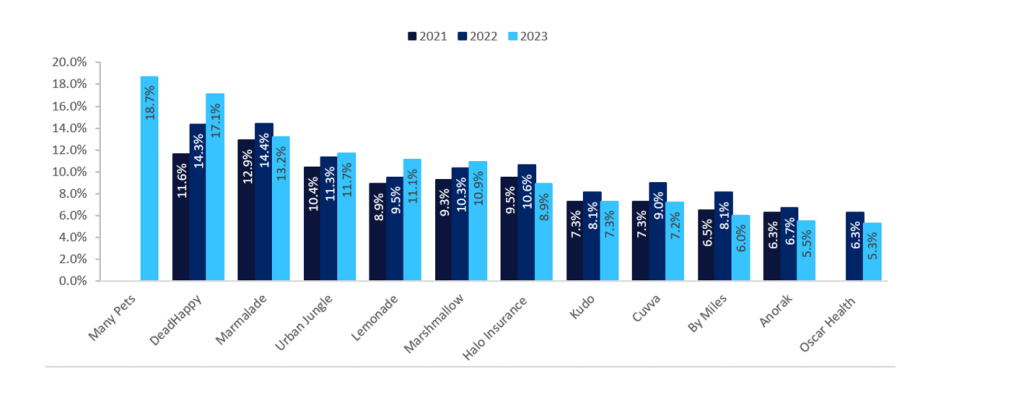
The growth of FinTech and the wider use of Big Data will revolutionise insurance, but may also create an uninsurable ‘underclass’, according to new research.
The Financial Technology (FinTech) Risk Report, published by the Chartered Insurance Institute (CII) and Cicero, examines the inherent risks in the growth of FinTech and the impact this will have on wider society.
The research identifies there is a huge opportunity in the application of Big Data to give insurers more individualised data from which to assess risk.
British consumers like risk-based pricing and the idea that they can cut the cost of their insurance through better behaviour, such as safer driving or adopting a healthier lifestyle has wide appeal. This also means that those who have inherited medical conditions or have a higher propensity to claim may pay more for cover.
Big Data is providing insurers with a level of individualised data that has never been seen before where they can much more accurately predict who is likely to make a claim and price the risk accordingly.
‘Priced out of the market’
How well do you really know your competitors?
Access the most comprehensive Company Profiles on the market, powered by GlobalData. Save hours of research. Gain competitive edge.

Thank you!
Your download email will arrive shortly
Not ready to buy yet? Download a free sample
We are confident about the unique quality of our Company Profiles. However, we want you to make the most beneficial decision for your business, so we offer a free sample that you can download by submitting the below form
By GlobalDataFor those at low risk, the CII said this could lead to heavily discounted premiums, but for those at the other end of the scale, this could lead to expensive insurance or for them to be priced out of the market completely.
The CII said the development and application of Big Data therefore presents insurers with a dilemma to determine where the tipping point is between pooled risk and individualised pricing, and whether consumers benefit or not from transformation.
The body said it is incumbent on the insurance profession to look at both the benefits and the possible pitfalls of the digital revolution.
David Thomson, director of policy and public affairs at the CII, said: “The volume of consumer data, or ‘Big Data’, has grown exponentially over recent years. 90% of the entire world’s data has been created in just the past two years. It has the potential to be immensely valuable to businesses for numerous reasons, but it also raises serious questions about the personalisation of risk versus the principle of pooled-risk.
“Insurance professionals have a key role to play in recognising the wider impact on society when applying big data and ensure in the need to embrace the new opportunities the social value of insurance is not undermined.”
John Rowland, executive director at Cicero Group, said: “The emergence of FinTech is both a threat and an opportunity to the sector. This presents a challenge for both the industry and regulators. Accurately identifying the difference between the two will be one of the key on-going challenges in the years ahead.”







